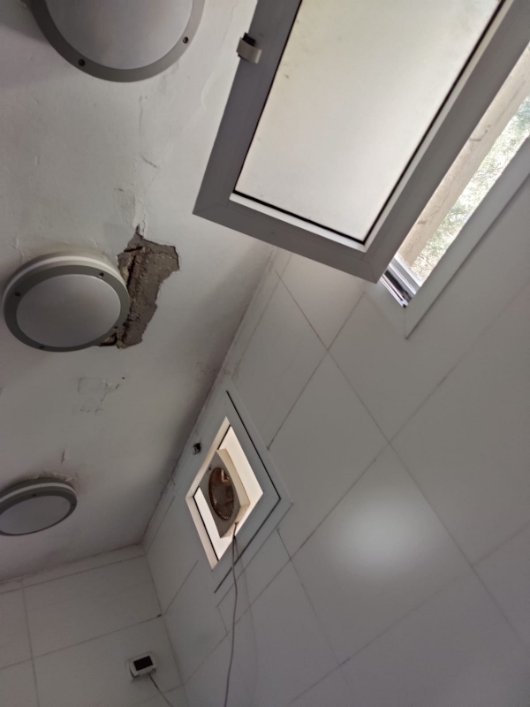For many women in Israel, the appearance and state of a mikveh will have a great if not a decisive impact on whether or not they will keep the fundamental mitzvah of taharas hamishpachah. A shabby dilapidated mikveh will keep them away; on the other hand, clean and aesthetically pleasing facility will not only cause them to come, it will attract many more who may have been hesitant about it.
In Israel, all Jewish brides, regardless of their level of observance, must bring their officiating rabbi a document authorizing that they have been to the mikveh. According to Rabbi Chaim Levy, chairman of the Merkaz L’Taharat Ha’Mishpacha, “The kallah’s experience at this time will determine whether this will be her first and last visit, chalilah, or hopefully, the first of many more.”
He explains: “When she encounters a beautiful, luxurious facility, complete with calming background music as well as caring, welcoming staff, she will see the experience in a positive light and may decide to continue keeping the mitzvah in the future,” said Rabbi Levy.
Unfortunately, this is often not the case.
Galit Peretz has been living in the northern Israeli city of Nahariya for over a decade. When we spoke to her last year, her description of the neighborhood mikveh included words such as “rust,” “peeling paint,” “creepy crawlers” and “moldy tiles.”
“You come here expecting a pleasant experience, and instead, it is simply off-putting. I heard a kallah saying that she feels sorry for the women who come here regularly.”
That was the situation until several months ago when the Merkaz L’Taharat Ha’Mishpacha came into the picture. “They did a full renovation, renewing everything from top to bottom,” Galit said delightedly. “Today, it’s like a spa in a fancy hotel!”
Peretz herself is not religious. “I go to the mikveh because it’s very important to my husband,” she shares. “Before we were married, he told me that he wanted to keep the laws of taharas hamishpachah. He told me: ‘I love you and I want Hashem to love us.’ I committed to doing this, and over the years I’ve gone to the most rundown, shabby mikva’os to keep my promise. It’s been almost 20 years, and I definitely feel that it has brought brachah into my life.”
Peretz knows of many women who are amenable to the mitzvah but who stopped, because they were turned off by the decrepit conditions of the mikveh.
“Contrary to what one might think, there are many women in Israel for whom the mitzvah of taharas hamishpachah is their only connection to Yiddishkeit,” explains Akiva Weiner, CEO of the Merkaz L’Taharat Ha’Mishpacha. “A large percentage don’t keep Shabbos or kashrus, but mikveh is a different story.”
For these women, however, the condition of the mikveh is a decisive factor. “At the grand opening of the new mikveh in the town of Kalanit, one woman told me that she’d stopped going for four years because it was so neglected,” notes Weiner.
Fortunately, the opposite is also true: A beautifully renovated mikveh will also attract many new women who decide to take upon themselves this mitzvah. Mikveh attendants all over Israel report that after every renovation, the number of monthly immersions spikes.
“The news travels by word of mouth, and each month more and more women come,” says Sarah Pinin, an attendant at the Poriya Illit mikveh which was recently renovated by the Merkaz L’Taharat Ha’Mishpacha. “We have many young women who came for the first time, and who have become regulars. I started from zero, and now there are over 50 immersions every month.”
The Merkaz is currently involved in 21 separate renovation/building projects, across the length and breadth of Eretz Yisrael. The projects are in varying stages, from planning to verging on completion. “We also have a long waiting list of mikvaos that need immediate renovation or a new building,” said Rabbi Chaim Levi. “There are instances where the situation is so dire, that we begin construction even though we don’t yet have full funding. In the zechus of the mitzvah, we hope and daven that we will be able to raise the necessary funds, and baruch Hashem, we’ve seen yeshuos,” he said.
